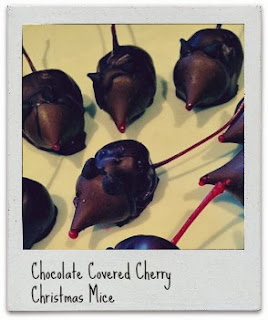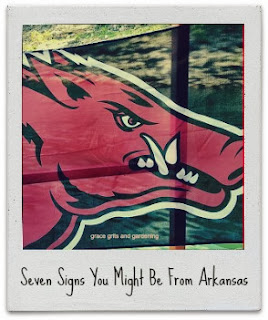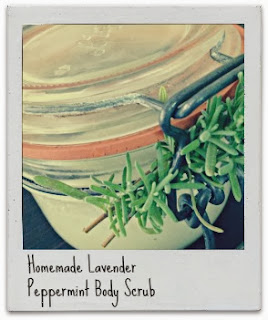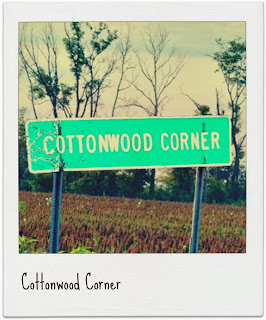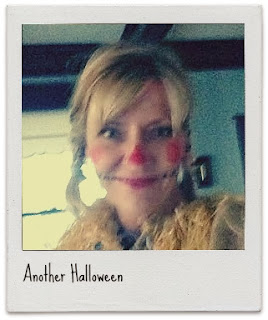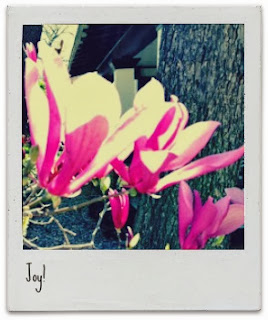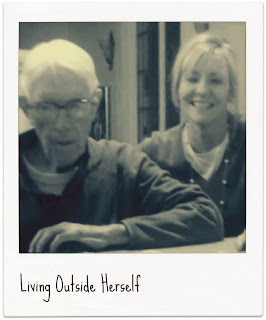We’ve reached the end of another year…
Do you remember New Year’s Eve 1999?
Remember when we thought all the world’s computers, and thus the entire planet, would crash and burn at the stroke of 2000? At State Bank and Trust (where I worked), we spent months preparing for Y2K only to watch the new year arrive without incident. That was a good thing but honestly a bit anti-climatic.
Year 2000 doesn’t seem that long ago to me. And yes, I’m showing my age.
One of the things I do at year end is look back. 2013 raced by so quickly I can barely remember it, but luckily much of my year is recorded in blog posts. Today I’m looking back at my most popular blog posts (via page views).
In case you missed a few and/or would like to re-read/share/etc, here they are listed in David Letterman’s preferred reverse order. (Click on the number and blog title to be redirected to that post.)
“half the people argued they didn’t possess their own televisions…”

Seven Signs You Might Be From Arkansas
“you sort laundry into three piles—whites, darks and razorback red…”
“you sort laundry into three piles—whites, darks and razorback red…”
Homemade Lavender Peppermint Body Scrub
“made with ingredients from my kitchen and garden…”
“made with ingredients from my kitchen and garden…”
Realistically Creepy Halloween Decor
“old is naturally creepy…”
“old is naturally creepy…”
Flying Bat Project
“duct tape…”
“duct tape…”
How to Propagate Rosemary
“make angled cuts to allow more surface area for rooting…”
“make angled cuts to allow more surface area for rooting…”
Mussels in White Wine Sauce
“Serve with bread to sop up the sauce…”
“Serve with bread to sop up the sauce…”
How to Make Pumpkins from Recycled Books
“the hardest part of the project was selecting which book to use…”
“the hardest part of the project was selecting which book to use…”
Not Your Momma’s Cranberry Sauce
“momma loves cranberry sauce that slithers out of the can with a vile sucking sound…”
“momma loves cranberry sauce that slithers out of the can with a vile sucking sound…”
The moral of this top ten list…Pinterest drives page views and my Pinterest followers love food, crafting and Halloween:)Seriously, Yay for Pinterest!In 2013 I wrote 328 blog posts (not counting this one).
Three Hundred and Twenty-Eight…Although the ten above were fun projects and delicious recipes, my favorites are those about childhood memories or posts written from creative writing prompts (i.e. not that pin-able.)
Three Hundred and Twenty-Eight…Although the ten above were fun projects and delicious recipes, my favorites are those about childhood memories or posts written from creative writing prompts (i.e. not that pin-able.)
Here are a few of my favorites from 2013 (in no particular order).
“even scarecrows need Pinot…”
“each day began fresh at the kitchen table…”
“wheat harvest, smell of cotton…”
“he was happy…”
“magic I tell you…”
“where have you been lately?…”
“she dared to imagine a different life…”
Do you have a favorite Grace Grits post from 2013?
And now a VERY BIG THANK YOU to everyone who reads, comments, shares and tells others about Grace Grits and Gardening. I hope you’ll keep it up!
Here’s to a fantastic 2014.
talya
Grace Grits and Gardening
Farm. Food. Garden. Life.
Musical Pairing:What Are You Doing New Year’s Eve? Zooey Deschanel and Joseph Gordan Levitt
